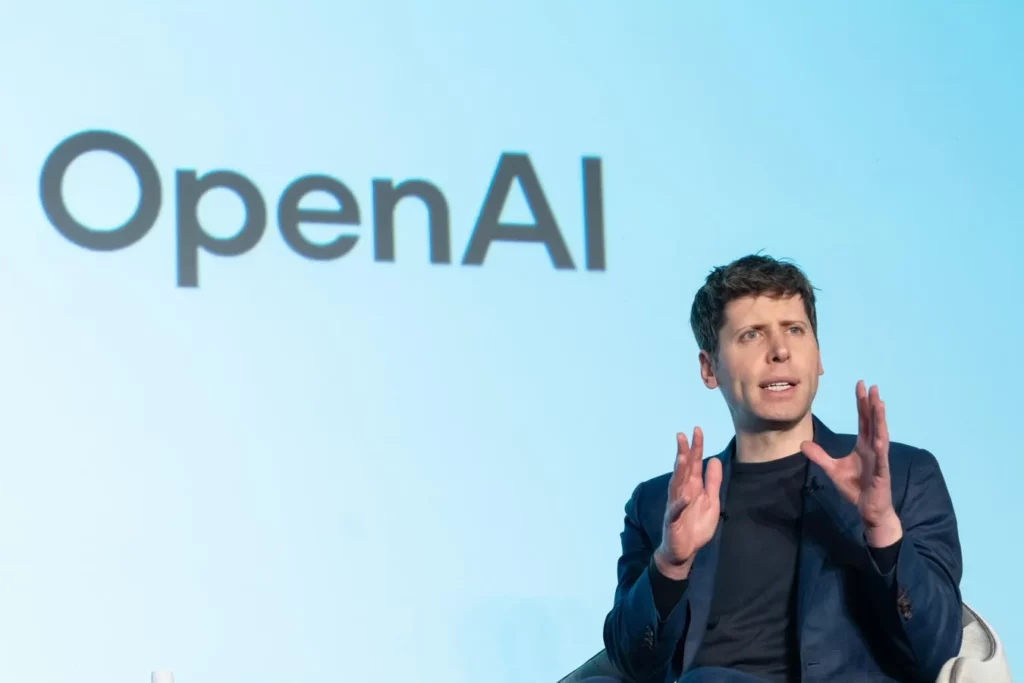
OpenAI’s $40B and Circle IPO: AI and Blockchain’s Economic Revolution
The recent funding round of OpenAI, securing a staggering $40 billion in investment, coupled with Circle’s upcoming IPO, marks a pivotal moment in the convergence of artificial intelligence (AI) and blockchain technology. This union holds immense potential to revolutionize the economy by amplifying each technology’s strengths while compensating for their respective weaknesses.
Blockchain excels in ensuring transparency, security, and immutability, making it an ideal choice for sectors demanding trustworthy data management. AI, on the other hand, thrives on vast datasets and computational intelligence, capable of rapidly extracting actionable insights from mountains of information. By combining these technologies, we can foster groundbreaking solutions, including intelligent digital identities, AI-driven decentralized financial (DeFi) compliance systems, predictive market analytics, and secure management of sensitive AI-generated data.
The implications of this convergence are far-reaching, with the potential to transform entire industries. Imagine a financial system where blockchain algorithms automatically ensure regulatory compliance, reduce fraud, and simplify complex transactions seamlessly. Or consider healthcare systems leveraging blockchain-secured patient data, analyzed by AI to deliver personalized medical treatments. These scenarios only scratch the surface of the innovative possibilities.
At the core of this AI-blockchain convergence lies an economy defined by two powerful ideals: digital trust and autonomous intelligence. Circle represents the future of digital trust – ensuring transactions, currencies, and digital assets are transparent and secure. OpenAI embodies intelligence-driven automation and innovation, providing tools and platforms that enable unprecedented efficiency and innovation.
The combination of these elements could create a new economic paradigm, where decisions become faster and smarter, bolstered by intelligent automation yet securely rooted in verifiable blockchain technology. Transactions would become frictionless, regulations automated, and market predictions increasingly precise. The impact? A dramatic acceleration in innovation, productivity, and economic growth.
This convergence also reshapes investor strategies and institutional adoption of new technologies. Circle’s public market entry will attract traditional investors who, until now, viewed blockchain ventures as risky or opaque. Institutional investors are increasingly recognizing blockchain and AI ventures as strategic, long-term portfolio additions rather than speculative bets. OpenAI’s record funding round signifies that AI has moved beyond being a speculative investment. Major venture capital firms and private equity groups now view AI as foundational technology – essential for future competitiveness and economic stability.
Together, these shifts may trigger broader acceptance and adoption of advanced technologies. Institutional portfolios might soon routinely include blockchain infrastructure and AI-driven platforms, fueling even greater investment flows and innovation.
However, great innovation comes with equally significant regulatory scrutiny. Circle’s IPO will undoubtedly invite closer regulatory oversight, particularly around stablecoins and blockchain infrastructure. Regulators will closely monitor how blockchain integrates with existing financial frameworks, ensuring transparency and protecting investors. Similarly, OpenAI’s substantial funding and growing influence means that AI technology will face intensified regulatory examination. Issues such as data privacy, bias in AI models, and ethical use of AI-generated content will come under increased scrutiny, requiring thoughtful governance and responsible innovation.
Regulatory evolution is not a roadblock; instead, it signifies an industry maturing. Constructive regulatory frameworks will provide clarity, fostering innovation while safeguarding ethical standards and consumer interests. Circle and OpenAI’s recent successes demonstrate that blockchain and AI are now ready for robust regulatory dialogue, positioning these technologies for sustainable growth.
As we look ahead, the intersections of decentralized finance (DeFi) and intelligent automation could emerge as defining forces of tomorrow’s digital economy. The potential is immense – ranging from transformative impacts in finance and healthcare to sweeping changes in government, logistics, and beyond.
Source: https://www.forbes.com/sites/digital-assets/2025/04/03/openais-40b-and-circle-ipo-ai-and-blockchains-economic-revolution/


